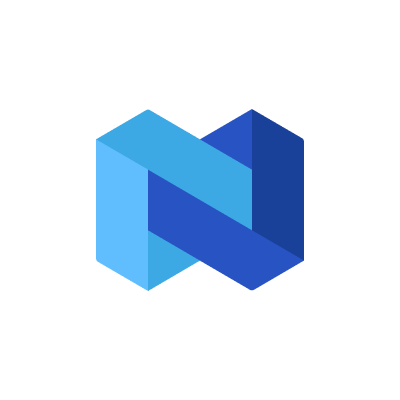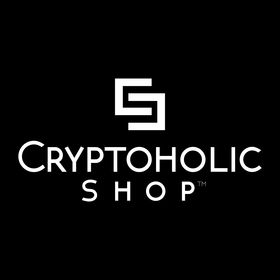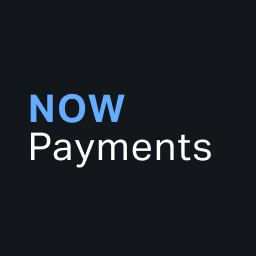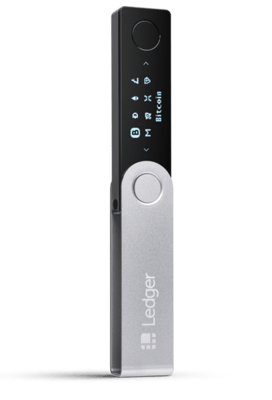Review
Learn more about Qtum Coin.
Qtum Coin Review
Qtum Coin combines functions of ETH and BTC. It is an UTXO-based smart contract system that utilizes a Proof-of-Stake (PoS) consensus model. Qtum presents great possibilities considering its combination of Bitcoin’s security and ETH’s smart contract functionality. Qtum focuses on providing an ecosystem that helps small to large companies create smart contracts. This makes it a toolkit designed to be both robust and modular. Users can produce their own tokens, participate in agreements that are self-executing as well as automatic supply. Not only that, but it will all function in an entirely standardized environment.
Launch, ICO and Market Cap
Qtum launched via an Initial Coin Offering in 2017.
- ICO start date: 12 March 2017
- ICO end date: 17 March 2017
- Token Price: 0.3000 USD
- Amount Raised: USD 15 million

Current stats based on CoinMarketCap (31/10/2019):
- Token price: USD 2.18
- Market Cap: USD 209,619,177
- Market Rank: #34
Main Focus Areas
Qtum (Quantum) is an open-source project with a clearly defined use case for its token. By SEC standards, Qtum is a utility token for running smart contracts and decentralized applications (DApps) within the Qtum network. Qtum is dedicated to protecting user privacy and make the streamlining of daily business routines possible.
The coin can be stored in a wallet accessible on many platforms. This includes the web, mobile app, desktop, and hardware wallet.
Qtum Coin Roadmap
After Qtum’s token sale in March 2017, the mainnet went live in September of the same year. Since then, significant progress has been recorded. By the end of Q4 2019, the team is expected to implement the X86 VM mainnet integration.
Here is a summary of the development roadmap for 2019:
Q1 2019 – Unita
- Release version
- Working on partnerships with large companies for Unita
Q2 2019
Research and Development
- New advancements on scaling, governance and development toolkits
- Qtum Core improvements in backend and frontend
- Scaling improvements will bring Qtum to 50k TPS
x86 VM
- Public Testnet
- x86 only No EVM Support yet
- Complete “bare bones” system calls supported
- Contracts can be made in C
- Complete consensus-critical portions of DeltaDB
Q3 2019
Lightning Network
- Public testnet
- Mainnet integration after a few months of testing
x86 VM
- Trusted library features
- Second public testnet x86 and EVM supported
Q4 2019
x86 VM
- Mainnet integration
- First set of trusted library contracts published on mainnet
EVM
- Scheduled at the same time of x86 hard fork
- New Byzantium op codes supported
Team and Founders
Qtum aims to bridge the gap between BTC and ETH communities, the real world and blockchain. Therefore, it is not surprising to have people from the Bitcoin and ETH spheres making up the Quantum team. Members of the team allegedly have experience working with top firms such as Alibaba, Tencent, Baidu, and NASDAQ.
Key members of the team include Patrick Dai, a former Alibaba employee, Neil Mahi and Jordan Earls.
The project has backing from multiple significant blockchain players, venture capitalists, and executives from some large Chinese businesses.
- E.O & Co-founder: Patrick Dai.
- Co-founder and Core Developer: Jordan Earls.
In addition, Qtum has the backing of Roger Ver, one of the first major investors in Bitcoin startups. Other backers include Xu Star, the founder of OKCoin, Anthony Di Lorio, Co-founder of Ethereum and CEO of Jaxx wallet and a host of other top people within the blockchain space.
Qtum Coin Technology
Qtum embodies Bitcoin’s transaction model and the developed consensus of ETH. The Qtum blockchain uses the Unspent Transaction Output (UTXO) model. This model requires users to provide proof of ownership over the digital asset before they can spend it. This is very much how Bitcoin works. This simply means that it adds unspent coins from multiple transactions into the user wallet and selects the next creator node based on the number of coins held by each node. It helps to accomplish two objectives. The first one is security. The other is that it makes it easy to mine new coins.
Besides, there is a virtual machine for smart contracts. It shares similarity with ETH and is developed on top of the blockchain. This lets Qtum blockchain combine the proof-of-work consensus and smart contract technology. The hybrid nature of the blockchain creates the first-ever PoS consensus protocol.
Using Bitcoin’s UTXO model, Qtum codebase supports the Simple Payment Verification (SPV) protocol by default. This innovation makes it possible to execute smart contracts as well as run DApps simply and securely. It can be done in an environment previously out of reach for ETH, combining limitless possibilities with the stability of the Bitcoin ecosystem.
Platform
Qtum is an open-source hybrid blockchain application platform. It combines the security of the UTXO model, robust Bitcoin core architecture and an Account Abstraction Layer. This acts as a bridge to connect multiple Virtual Machines, including the Ethereum Virtual Machine (EVM) and x86 VM.
Algorithm
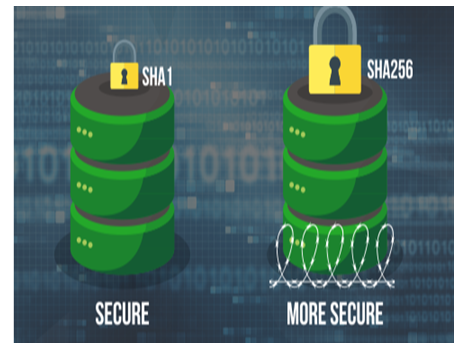
If you are a crypto trader or entrepreneur, then you must have heard about “cryptography” or “hashing algos”. Hashing algos are what keeps Bitcoin’s blockchain secure. Qtum uses a SHA256 algorithm. It is based on the Merkle-Damgard construction method. It can essentially handle any size data string. Thus rendering the resulting hash impossible to predict making it a solid means of securing data.
Smart Contracts
Qtum smart contracts use the Ethereum Virtual Machine (EVM), which was designed to work with an account that holds the wallet’s balance. However, Qtum transactions are based on the Bitcoin UTXO model – managing the balance of a wallet as any number of individual transactions.
Masternodes
Qtum does not have masternodes.
Qtum Coin Scam Accusations
None.
Where to Buy Qtum Coin
Qtum is available on many exchanges. Listed below are some of the exchanges where you can buy Qtum:
Conclusion
Qtum’s developers believe that both Bitcoin and ETH have drawbacks. The drawbacks are huge turn-offs for devs of corporate products from these technologies. Qtum hopes to dominate the niche. Nevertheless, even though Qtum is in an early phase of its life, the digital asset has already created interest. It managed to attract $1 million from blockchain angels at once. Considering its ICO brought the startup a substantial $15.6 million, and the market cap is currently USD 218 million, Qtum’s future looks bright.
![]()



 Hassan Maishera
Hassan Maishera




